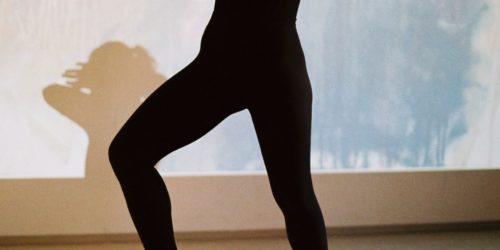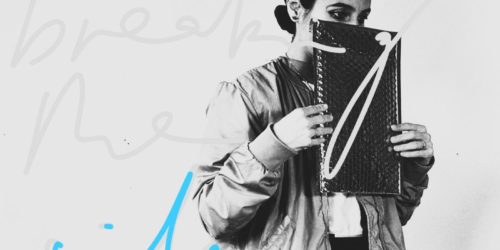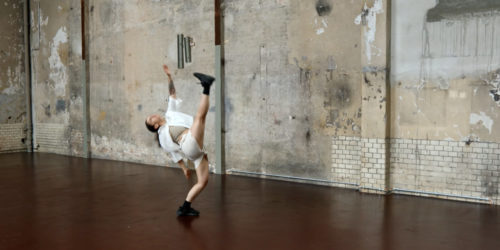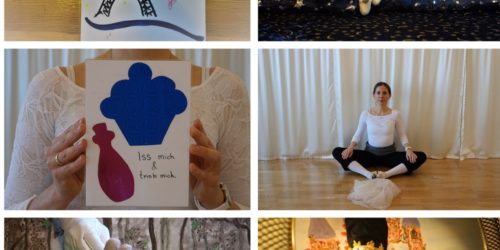Decolonization Praxis and the Art of Talking Disability. Anajara Amarante

It’s hard to create a piece that deals with disability AND colonialism, and preferably in a way that doesn’t cause trauma to people, and also doesn’t tell a literal, linear story like a traditional book – it’s still dance, and it’s still contemporary art and performance. You also look for ways to work with people in the kindest way possible, because – let’s face it – there are disabled choreographers and artists “out there” who lack empathy despite their own stories. This is where colonialism comes in to explain something important to you: It makes a huge difference where you were born, under what conditions you were born and – this hardly depends on the perspective of the Global South or the Global North – if you keep your kindness, you can (hopefully) leave the side of the oppressed and get some power within the system. What is meant is: if we use oppression, we may be part of the problem.
It’s important to have support because I’m disabled too, and my most recurring internalised ableism is doubting and denying my own illnesses – even if there are several, even after an episode of acute pain. It’s okay if I can’t do everything I set out to do – time to get up is important, and we should all learn to slow down. I love this work, and at the same time I’m learning my limits – learning not to do more than is expected of me gives more power to the hours I devote to it.
Also, it was difficult to find performers in the spectrum I wanted – from the global south (especially Latinos) – but what a joy when I found them!
I leave you now with some pictures and videos of the tests we did and the weeks I had the pleasure of working with Yanel, a dancer who learned to move and speak primarily through dance therapy.
May our dances be more healing processes than promoting the endless speed wheel of capitalism and the ability to do acrobatics.








